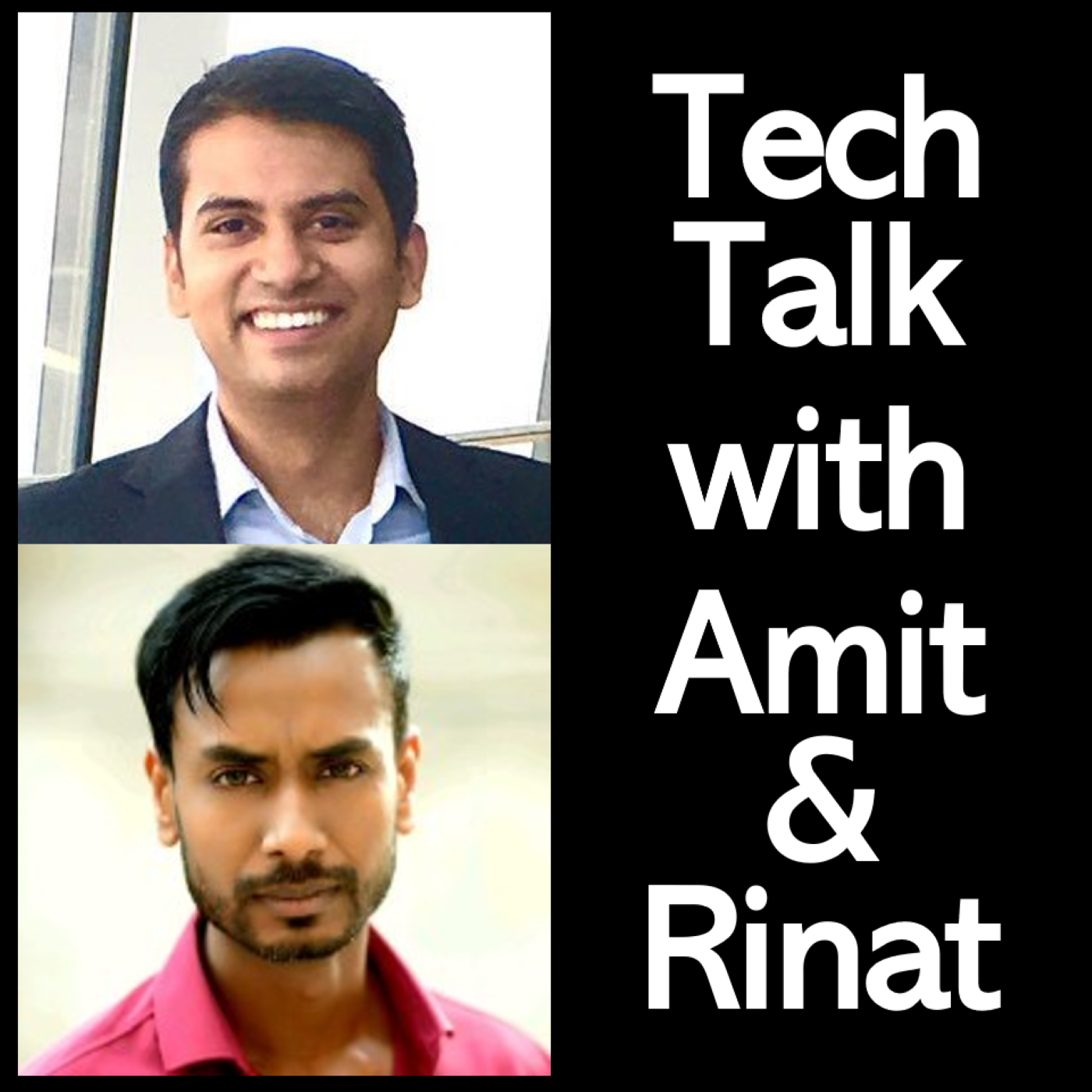Amit Sarkar is an experienced software professional with over 18 years of industry experience in technology and consulting across telecom, security, transportation, executive search, digital media, customs, government, and retail sectors. He loves open-source
technologies and is a keen user.
Passionate about systems thinking and helping others in learning technology. He believes in learning concepts over tools and collaborating with people over managing them.
In his free time, he co-hosts this podcast on technology, writes a newsletter and learns about various aspects of software testing and AI.


